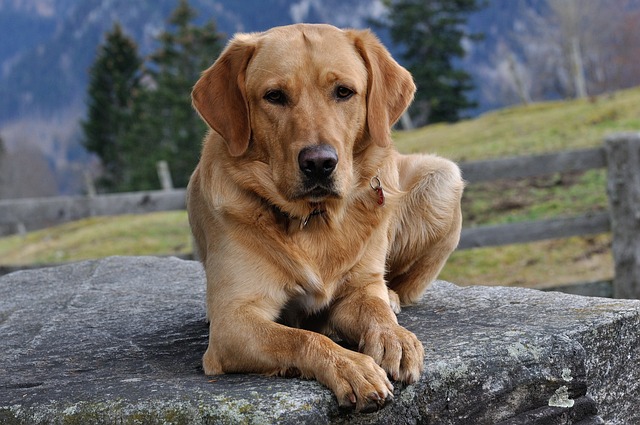
How do i train my dog to be obedient?
Watching your dog dart across the park ignoring your calls isn’t just frustrating—it can put them at risk near busy streets or public spaces.
If you’ve got a playful Labrador retriever puppy bouncing around your home, you might have noticed their natural urge to fetch, sniff out toys, or even “hunt” crumpled paper on the floor. That energy and drive aren’t just cute—they’re signs of their heritage as skilled hunting dogs, bred to retrieve game for hunters. But turning that instinct into controlled hunting behavior takes patience, the right approach, and a focus on keeping training fun for both you and your pup.
First, start with the basics: legal and health checks are non-negotiable before any hunting training. In most U.S. states, your Lab must be up-to-date on core vaccines (like rabies) to be outdoors, especially in wooded or rural areas where they might encounter wildlife. You’ll also need to grab a hunting license if you plan to take them on actual hunts—rules vary by state, so check your local wildlife agency’s website. And don’t forget the small stuff: always clean up after your dog in public areas, even if you’re training in a quiet park—community respect goes a long way.
 Next, build foundational skills using positive reinforcement—this is key for Labs, who thrive on praise and treats. Start with “sit” and “stay” to teach impulse control; a dog that can wait calmly won’t chase wildlife prematurely. Then move to fetch with a soft dummy (avoid hard toys that hurt their mouth). Toss it short distances at first, and reward them only when they bring it back to your hand—not just drop it. Over time, hide the dummy in grass or under bushes to mimic real hunting scenarios; this taps into their natural scent-tracking instinct without overwhelming them. Never use punishment, like yelling or leash yanking—It’ll make your Lab fearful and less likely to cooperate, which goes against U.S. animal welfare norms.
Next, build foundational skills using positive reinforcement—this is key for Labs, who thrive on praise and treats. Start with “sit” and “stay” to teach impulse control; a dog that can wait calmly won’t chase wildlife prematurely. Then move to fetch with a soft dummy (avoid hard toys that hurt their mouth). Toss it short distances at first, and reward them only when they bring it back to your hand—not just drop it. Over time, hide the dummy in grass or under bushes to mimic real hunting scenarios; this taps into their natural scent-tracking instinct without overwhelming them. Never use punishment, like yelling or leash yanking—It’ll make your Lab fearful and less likely to cooperate, which goes against U.S. animal welfare norms.
If you live in an apartment, adjust training to fit your space before heading outdoors. Use a hallway for short fetch sessions, or practice “find the treat” by hiding snacks under furniture—this keeps their mind sharp even when you can’t get to a park. When you do go outside, stick to designated dog areas first; avoid private property or wildlife preserves where hunting training might disturb animals or violate local rules. Many communities also have dog training groups—joining one lets your Lab socialize with other dogs while you learn tips from experienced owners.
Training your Labrador retriever to hunt isn’t about turning them into a professional—it’s about bonding with them and nurturing their natural talents. Take it slow: a young Lab might get distracted easily, so keep sessions 10-15 minutes long to keep them engaged. As they get better, you can try longer trips to wooded areas, but always prioritize their safety—bring water, check for ticks, and never leave them unattended. With consistency and kindness, you’ll have a happy, well-trained Lab who loves sharing hunting adventures with you.

Watching your dog dart across the park ignoring your calls isn’t just frustrating—it can put them at risk near busy streets or public spaces.

New puppy owners often find themselves rushing to clean up accidents before they set in, and that’s where puppy pad training becomes a game-changer.

If you've noticed your dog's waistline disappearing and your veterinarian has mentioned those few extra pounds, your first instinct might be to simply reduce the amount of food in their bowl.

Training a dog to use a designated spot indoors isn’t as daunting as many new owners fear, but it does take consistency and an understanding of your pet’s needs.

That moment of dread on a walk is all too familiar for many new dog owners. You see another dog approaching down the sidewalk of your neighborhood

If the sight of another dog on your neighborhood walk makes your heart sink as your own dog erupts into a frenzy of barking and lunging, you're not alone.